Which Infertility Treatment Is for You?


Treatments That Work
It's a myth that relaxing or "giving it time" will overcome infertility. It's a medical problem that can often be treated. Worldwide, more than 3 million babies have been born through in vitro fertilization, or IVF. Other treatments are successful, too. For at least half the couples who seek help, the woman gets pregnant.

Spot the Signs
Most couples should visit a doctor after a year of trying to have a baby without success. If you're a woman over 35 or you have an irregular menstrual cycle -- and you've been trying to get pregnant for 6 months -- see a doctor as soon as possible. Your partner should, too.

Common Problems in Men
If you're a guy, some of the things that could make it hard for your partner to get pregnant are:
- Low sperm count
- Poor sperm movement
- Misshaped sperm
- Blocked sperm ducts
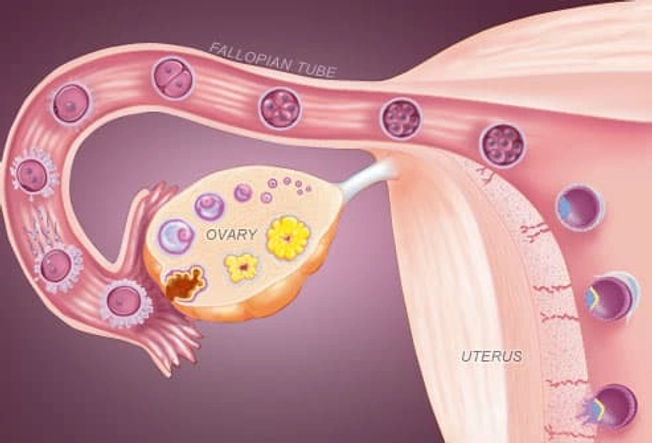
Top Reasons in Women
The most common problems are:
- Ovaries that don't release eggs regularly
- Blocked fallopian tubes
- Problems in your cervix or uterus
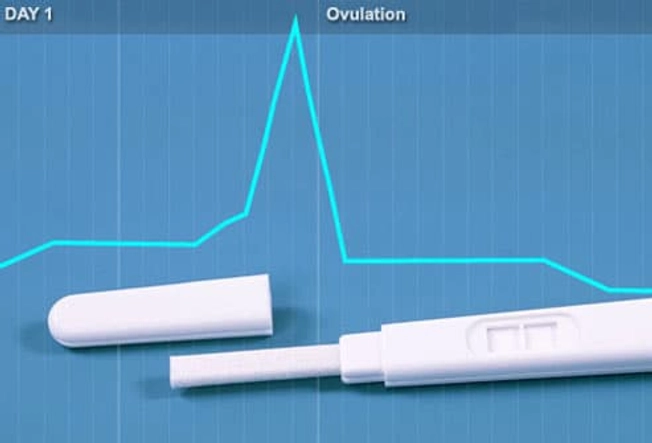
Time and Tracking
Sometimes, timing is the main challenge when you want to get pregnant. Try an at-home ovulation test that predicts the best days to have sex. It spots a rise in hormones before your ovaries release an egg. You may need to take the test again over several days.

Ovulation Problems?
Medicine can help if you don't "ovulate" -- release an egg from your ovaries -- normally. The most common medication choice is clomiphene (Clomid) About 30%-40% of women who take it will get pregnant, usually within three cycles. Be aware that you're more likely to get pregnant with twins (or more!) because it makes your ovaries release more than one egg at a time.

Injectable Hormones
If you don't get pregnant after taking clomiphene for 3 to 6 months, your doctor may recommend fertility hormone shots to help you ovulate. You've got a wide range of drugs to choose from, and they work well. About half of women who ovulate get pregnant taking them. These medications can also make you more likely to carry twins or more.
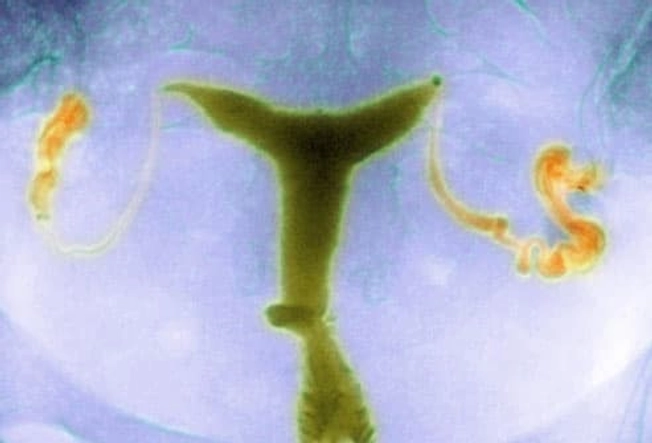
Surgery for Blocked Fallopian Tubes
Sometimes, scars prevent eggs from traveling down your fallopian tubes. It can happen if you have a condition called endometriosis or if you've had pelvic infections or surgeries. Doctors can try to take out that scar tissue with surgery, which could boost your odds of having a baby.
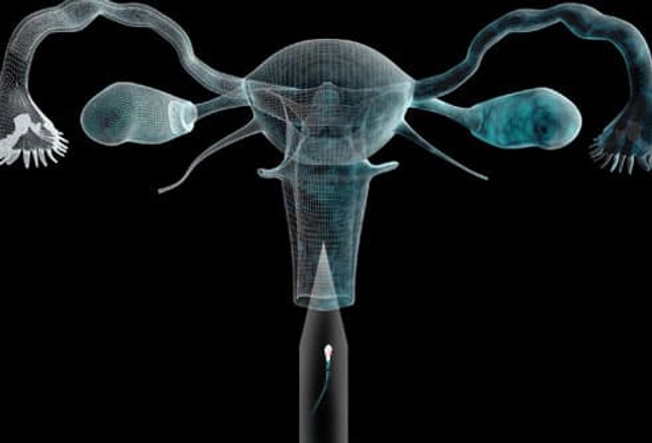
Intrauterine Insemination (IUI)
It's a popular procedure to treat many fertility problems. Doctors place sperm into your uterus, but not into the egg itself, while you ovulate. You may also need to take drugs to trigger ovulation. IUI is less expensive and simpler than IVF (in vitro fertilization), but pregnancy rates are much lower.
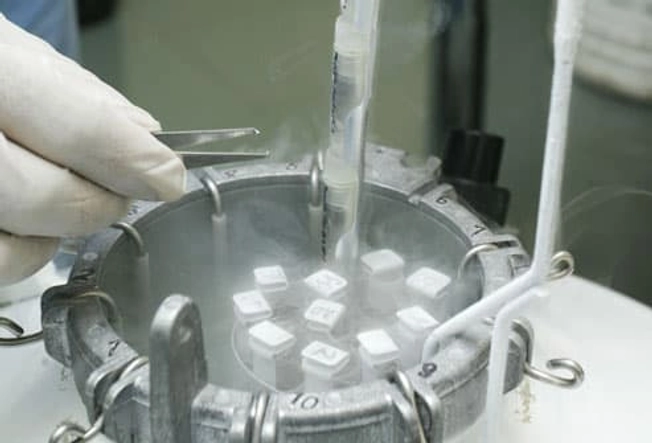
Sperm Donations
Fertile women can choose IUI using sperm from a donor. It may take several tries, but pregnancy rates are over 80%. You and your partner may want to see a counselor first, to make sure you're both ready to raise a child who is not biologically related to the father.
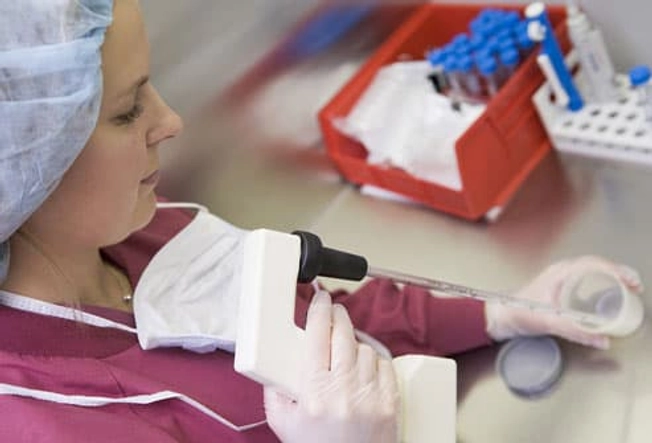
In Vitro Fertilization (IVF)
This option offers hope when other infertility treatments don't work. It directly combines the egg and sperm in a lab. Doctors then place the growing embryos in your uterus. IVF can be expensive, with an average cycle costing $12,000-$17,000, not including medication. In 2018, pregnancy rates per IVF cycle ranged from 50% for women under age 35 and about 37% for women ages 35 to 37. The rate drops with age.
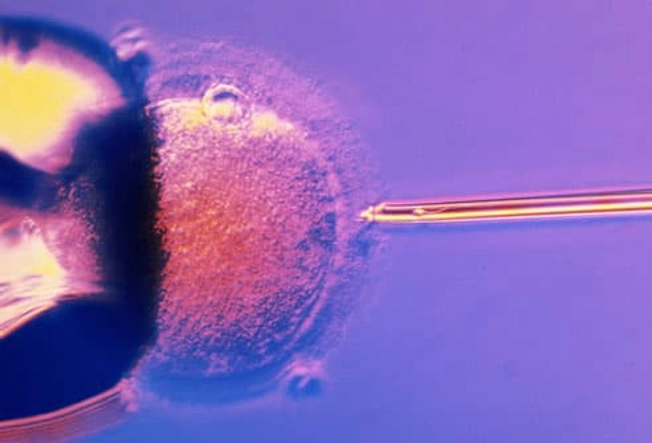
What is ICSI?
Doctors can inject the sperm directly into the egg in a lab. This technique, called ICSI (intracytoplasmic sperm injection), helps when men's sperm count is very low or their sperm don't move well. When the fertilized egg is ready, it goes into the woman's uterus through the normal IVF process.
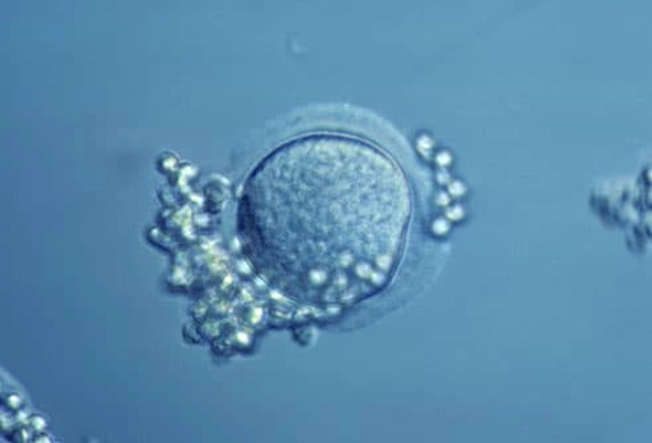
IVF With a Donor Egg
If you're a woman who's reached age 40, have poor egg quality, or haven't had success with previous cycles, you may want to consider an egg donor. This involves combining sperm with another woman's donated eggs. If the procedure works, you'll become pregnant with a child who is biologically related to your partner, but not to you.

IVF Risks
To boost the odds of success, your doctor may transfer two to four embryos at a time. But this means you may get pregnant with twins, triplets, or even quadruplets. Carrying more than one baby raises the risk of miscarriage, anemia, high blood pressure, and other complications. It also makes premature birth more likely. It has become more common to transfer one embryo at a time to avoid these health risks. Talk about the risks with your doctor.
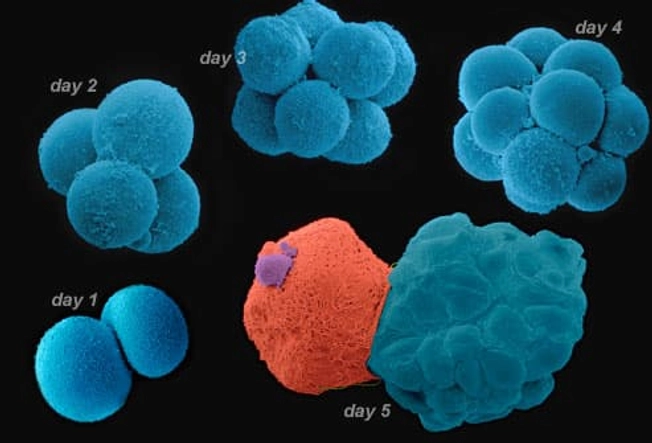
IVF With Blastocyst Transfer
In standard IVF, doctors transfer embryos to your womb when they reach the 2- to 8-cell stage. But in this procedure, the embryos grow for 5 days first. Doctors call them blastocysts, and they choose the healthiest one or two to move into your uterus. This gets rid of the chance you'll have triplets and still keeps a high success rate.
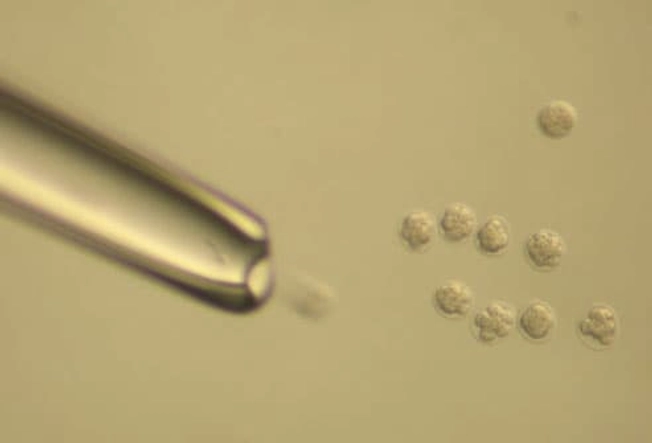
Donor Embryos
If IVF doesn't work for you or you want a less expensive option, you might consider using donor embryos. These come from couples who have finished the process. The transfer costs less than standard or donor egg IVF. When you get pregnant, though, your baby will not be biologically related to you or your partner.

What to Know About Surrogacy
If you choose this option, you work with another woman who agrees to be a "gestational surrogate." Specialists use IVF to make embryos with your eggs and your partner's sperm. The surrogate goes through the pregnancy after IVF. The baby will be the biological child of you and your partner.

Tips on Choosing a Fertility Clinic
Ask plenty of questions about their procedures and costs. Make sure they offer the latest techniques and involve you and your partner in decisions. The CDC keeps a list of IVF success rates for U.S. clinics. But don't make up your mind based on numbers alone. Infertility treatment is a long-term process, and you want to feel comfortable with your choice.

Natural Ways to Boost Your Chances
A few lifestyle changes can make a difference. If you smoke, quit. Smoking lowers fertility for men and women, and dims pregnancy rates. In one study, men who quit the tobacco habit saw their sperm counts climb 800%. Also, check your diet. Is it as healthy as possible? Ask your doctor about supplements. Some vitamins and minerals may improve the odds of conceiving.
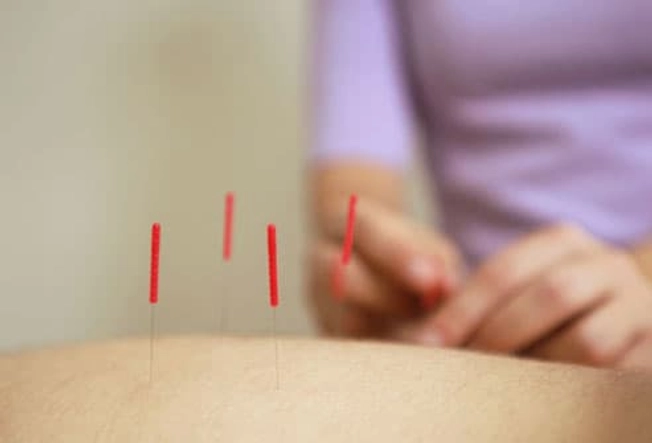
Does Acupuncture Help?
It's shown promise for many conditions. Now, some couples are trying this popular form of traditional Chinese medicine to deal with infertility. Research suggests it may improve sperm quality and blood flow to the uterus, help smooth out irregular ovulation, and boost IVF success rates.

Moving On
If treatments become too heavy of a burden -- physically, emotionally, or financially -- it may be time to consider alternatives. An infertility counselor can help you and your partner explore the options. Many couples find satisfaction living without children. Others choose to build their family through adoption. Costs range from nearly nothing, if you go the foster care route, to as much as $40,000 for a private adoption.